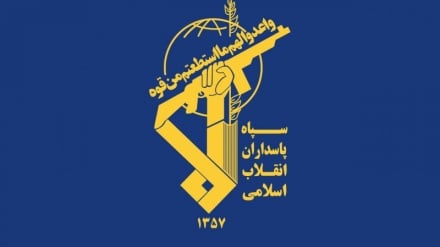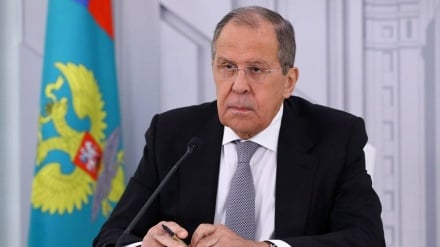BRICS nations unite against global pandemics
-

BRICS nations unite against global pandemics
Pars Today – BRICS member states have decided to jointly develop strategies, technologies, and vaccines to combat pandemic threats through expanded cooperation.
In April 2025, Tedros Adhanom, Director-General of the World Health Organization, warned that the emergence of a new pandemic is not a possibility but an inevitable reality. He stressed that countries must begin preparations now, as viruses know no borders and can spread worldwide within hours.
According to Pars Today, citing TV BRICS, the experience of COVID-19 demonstrated that no country can tackle such crises alone.
Reduced productivity, pressure on healthcare systems, and a sharp decline in global GDP were among the economic consequences of the pandemic. According to an International Monetary Fund report, the world economy contracted by 2.8 percent in 2020.
At the 17th BRICS Summit in Rio de Janeiro, member states emphasized the need for international cooperation to strengthen global health security. They called for greater solidarity and the establishment of joint mechanisms to respond to health crises.
The idea of establishing a BRICS Vaccine Research and Development Center was first proposed by South Africa in 2018 and became a reality in 2022. The center was created to facilitate knowledge exchange, advance medical technologies, and ensure the fair distribution of vaccines among member states.
Luiza Calot Costa, a global health diplomacy expert, noted: “Today, laboratories from the five founding BRICS countries are working together at this center to advance global health.”
Each BRICS nation is also independently developing its own strategies to combat diseases:
- China and India are utilizing big data and telemedicine.
- Brazil is focusing on universal health coverage.
- South Africa is a leader in genomic surveillance.
- Iran has strengthened its public health network and adopted digital screening systems.
BRICS countries have so far produced several vaccines to combat COVID-19, including Sputnik V (Russia), Covaxin (India), CoronaVac (China), ButanVac (Brazil), and Iranian vaccines such as COVIran Barekat and Razi Cov Pars.
But their focus extends beyond the present. Research projects are underway to develop next-generation vaccines against diseases such as tuberculosis, dengue fever, influenza, and HIV.
India and China are also developing nasal mRNA vaccines, which train the body to fight disease without using weakened viruses.
According to experts, BRICS countries possess exceptional capacities for vaccine production and distribution. India alone produces 60 percent of the world’s vaccines, while China has supplied over 2.1 billion doses of COVID-19 vaccines to 120 countries. Russia, Brazil, and South Africa are also recognized as leaders in virology and pharmaceutical innovation.
In recent years, joint exercises for rapid response to health emergencies have been held in Ethiopia and Russia, bringing together specialists from dozens of countries to practice coordinated action in crisis situations.
Experts warn that the next pandemic could stem from a completely unknown pathogen. Therefore, building shared systems for prediction, monitoring, and rapid response will not only strengthen the security of BRICS nations but also safeguard the health of all humanity.


